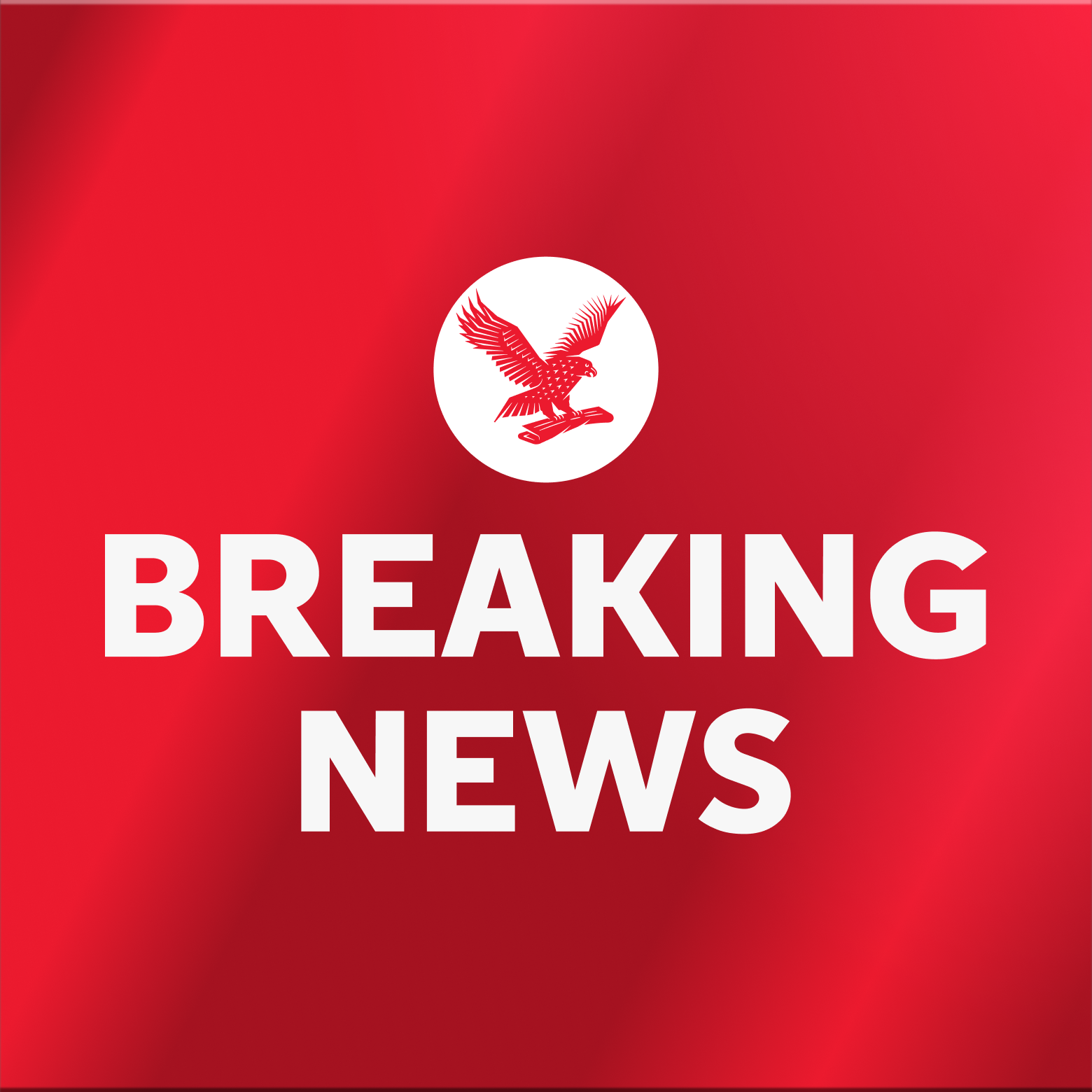Julian Assange walked free after pleading guilty to espionage in a remote US court in the Pacific, concluding more than a decade of legal struggles with the world’s most powerful country.
The 52-year-old Wikileaks founder was sentenced on Tuesday afternoon by a federal judge in the Northern Mariana Islands, a remote Pacific territory of the US, fulfilling his end of a plea bargain with federal prosecutors.
Assange left on a plane bound for Canberra, Australia, after the hearing and was expected to arrive at around 7.30pm local time.
Assange was sentenced to five years in prison, minus five years already served in the UK while fighting extradition to the US. That means he is free to return to his wife and children in his native Australia.
During the three-hour-long hearing, he admitted guilt to a single felony count for publishing US military secrets but said he had believed the US Constitution’s First Amendment, which protects free speech, shielded his activities.
“It appears your 62 months … was fair and reasonable and proportionate to Ms Manning’s actual prison time,” said the judge referring to the seven years served by US Army whistleblower Chelsea Manning.
“With this pronouncement, it appears you will be able to walk out of this courtroom a free man. I hope there will be some peace restored,” the judge added.
“Now there is some peace you need to restore with yourself when you walk out and pursue your life as a free man.”
Assange left court without speaking to reporters and according to WikiLeaks was set to fly on a chartered jet to Australia.
Earlier, he was asked by judge Ramona Manglona whether he was pleading guilty because he is “in fact guilty of that charge”, he took a long pause and then said: “I am.”
But he was defiant when pressed by Judge Manglona to explain more, saying he was working “as a journalist” when he encouraged Manning to share classified information, and that he believed its publication would be protected by the First Amendment.
“I believe the First Amendment and the Espionage Act are in contradiction with each other, but I accept that it would be difficult to win such a case, given all the circumstances,” Assange said.
After his release, the US Department of Justice released a lengthy statement and said that Assange would not be allowed to fly back into the US as part of the plea deal.
“Following the imposition of sentence, he will depart the United States for his native Australia. Pursuant to the plea agreement, Assange is prohibited from returning to the United States without permission,” it said.
Jennifer Robinson, legal counsel for Assange, told the press outside the court, said it was a “historic day” but the case set “a dangerous precedent” which should be a “concern” to journalists and people around the world.
“The US is seeking to exercise extra-territorial jurisdiction over all of you without giving you constitutional free speech protections, and anyone who cares about free speech and democratic accountability should stand against it,” she said.
Ms Robinson thanked the Australian government for its years of diplomacy in securing Assange’s release. “It is a huge relief to Julian Assange, to his family, to his friends, to his supporters and to us and to everyone who believes in free speech around the world that he can now return home to Australia and be reunited with his family,” she said.
The self-taught computer expert had previously spent seven years holed up in the Ecuadorian embassy in London in order to avoid being investigated for rape by Swedish authorities, which he has always denied.
Assange declined to address the judge over his sentencing, as his lawyers described it as “an unprecedented prosecution” and said that he had “suffered significant consequences” and deserved no more prison time.
As he entered the court on Tuesday, accompanied by Australia’s ambassador to the US Kevin Rudd, Assange appeared to be wearing a necktie by Vivienne Westwood and Andreas Kronthaler – likely a tribute to Westwood’s longstanding support and friendship before her death in 2022.
“It is hard to believe that Julian has been in prison for so long,” said Assange’s wife Stella on Tuesday. “It had become normalized. I am grateful to the people who made this possible, but I am also angry that it ever came to this.
“Overall I am elated, but I cannot believe it is actually happening until I see Julian.”
It was a subdued end to more than a decade of legal struggles between a globe-trotting activist publisher hailed by some as a hero of government transparency and condemned by Western officials intent on keeping their secrets.
None other than Joe Biden described him as “closer to a high-tech terrorist” than a whistleblower, while some American pundits openly called for his assassination.
The charges against Assange stem from one of the largest publications of classified information in American history, which took place during the first term of Barack Obama’s presidency.
Between 2009 and 2011, under Assange’s leadership, WikiLeaks published numerous classified US government materials leaked by Chelsea Manning, including an infamous video of an American helicopter strike in Iraq that killed two Reuters journalists and two children.
The disclosures made him among the most famous – and most wanted – people in the world, with supporters hailing him as a hero of transparency and freedom of the press while Western politicians accused him of endangering national security and undermining the war on terror.
Even some political allies, however, said they were alienated by his divisive and uncompromising personality and by his decision to publish some documents unredacted, potentially putting informants and other individuals at risk.
Nevertheless, the US government did not formally indict him until 2019, when officials under then-president Donald Trump charged him with espionage for his work with Manning.
By then, Assange had finally been jailed by British authorities for breaking bail while awaiting extradition to Sweden back in 2012. His lawyers had called the allegations a “honeytrap” engineered by “dark forces”, arguing that sending him to Sweden could lead to him being extradited in turn to America.
When he lost that point in court, he fled to the Ecuadorian embassy, remaining there for seven years until the Ecuadorian government revoked his asylum and turfed him out in 2019.
Swedish prosecutors eventually discontinued their investigation, saying that, although the alleged victim’s claim was credible, “the evidence has weakened considerably due to the long period of time that has elapsed since the events in question”. Assange denied all of the allegations, saying the sex was consensual.
Regardless, advocates for press freedom have frequently expressed concern about the espionage charges and the plea deal itself, saying that publishing classified documents is an essential part of holding the powerful to account.
In recent years, Australian prime minister Anthony Albanese began campaigning for Assange’s release, arguing that it served no purpose to keep him incarcerated.
“This is the result of a global campaign that spanned grassroots organizers, press freedom campaigners, legislators and leaders from across the political spectrum, all the way to the United Nations,” said WikiLeaks in a statement on Monday.
“This created the space for a long period of negotiations with the US Department of Justice, leading to a deal that has not yet been formally finalized.”
Source: independent.co.uk



